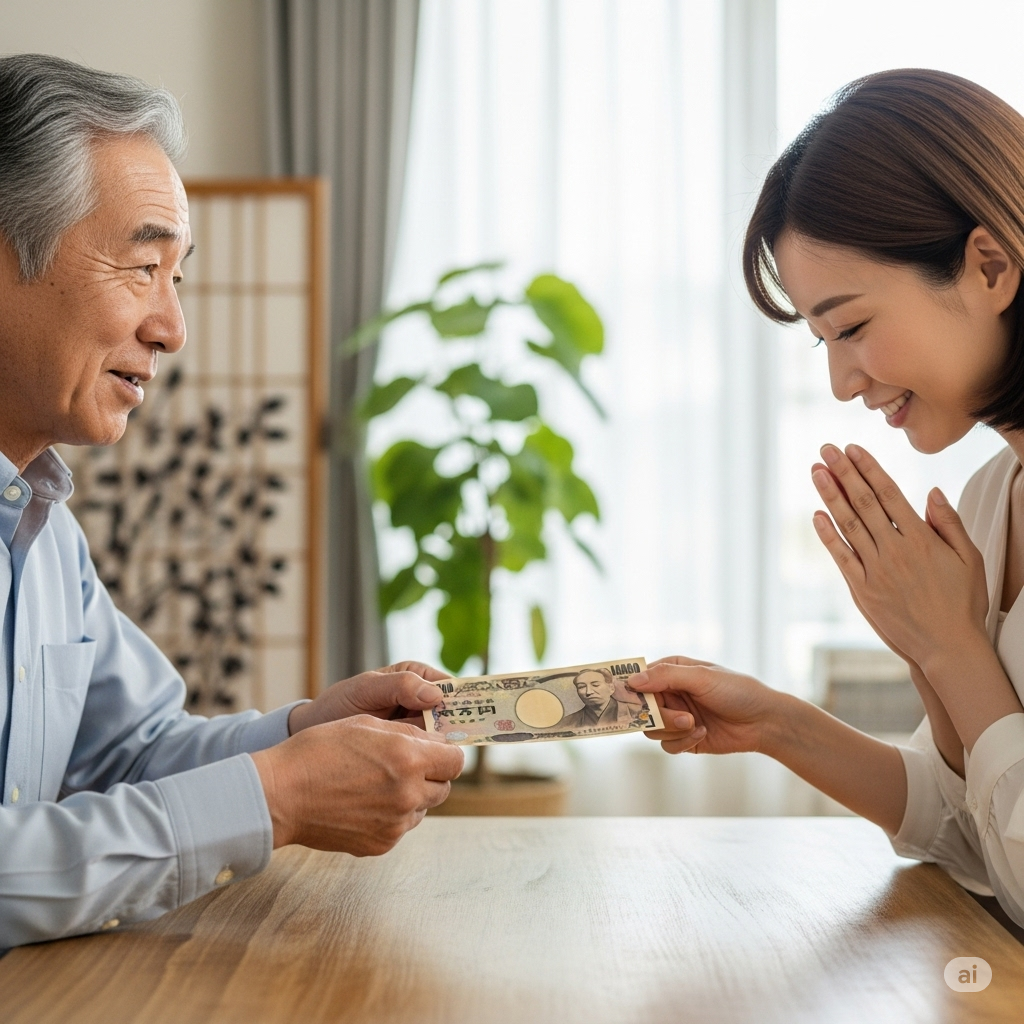This 70-year-old father has two children, both graduates of prestigious universities. While his 40-year-old son is independent, his 38-year-old daughter remains unemployed, relying on her parents for all expenses, from living costs and clothing to insurance.
After graduating, she applied to over 100 companies but was rejected by all of them. When her father offered her a position at his own company, she refused, citing boredom. Other attempts at employment were also short-lived.
She has described being overworked to the point of sleeping on cardboard in the office, leading to depression, hair loss, and suicidal thoughts.
For years, her income hasn't exceeded 100,000 yen per month. Even simple jobs are difficult for her to maintain due to her high self-esteem. Her mother's efforts to arrange meetings with 10 potential partners have also failed.
 |
Illustrative photo: AI |
Mr. Yuichi's wife believes her husband bears some responsibility for their daughter's situation due to his limited involvement in her upbringing. "Because you never said anything, we failed. Children reflect their parents' upbringing," she said.
Despite this, Mr. Yuichi continues to cover all her expenses, including a 50,000 yen allowance for her hobby of following voice actors. "When I see her happily talking to her mother about her idols, I feel like maybe everything is alright. I'm still working, and I want to provide for her while I'm still healthy and leave her something," he shared.
The Yuichi family's story reflects the "8050" phenomenon plaguing Japanese society, where children over 50 remain financially dependent on their parents over 80.
According to the Japanese Ministry of Health, Labor and Welfare in 2021, Japan has over 1.15 million "hikikomori"—individuals who self-isolate and are largely unemployed.
An increasing number of these individuals are in their 40s and 50s. As their parents age, the burden of care becomes a significant challenge. This phenomenon often stems from academic setbacks, the intense competition of the job market, and the Japanese family culture, which emphasizes parental protection. Some experts warn that continued parental indulgence can trap children in a cycle of unemployment, low self-esteem, and dependence.
Public opinion on social media is divided. Some believe Mr. Yuichi is a responsible father, while others argue that his indulgence has harmed his daughter.
Nhat Minh (According to Serai/SCMP)












